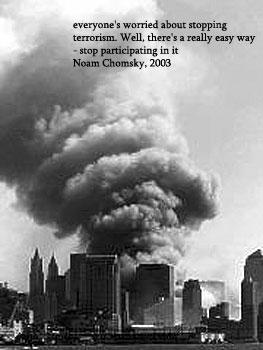Why war?
Visiting the Freud museum in Vienna I found an open letter from Albert Einstein to Sigmund Freud dated 1932. Einstein's question to the specialist of the human mind was: "Is there any way of delivering mankind from the menace of war?". In his letter, Einstein suggests the "setting up, by international consent, of a legislative and judicial body to settle every conflict arising between nations" and concludes by this axiom: "The quest of international security involves the unconditional surrender by every nation, in a certain measure, of its liberty of action - its sovereignty that is to say - and it is clear beyond all doubt that no other road can lead to such security".
Freud analyses rightly that "Conflicts of interest between man and man are resolved, in principle, by the recourse to violence. It is the same in the animal kingdom, from which man cannot claim exclusion." He agrees with Eisntein "There is but one sure way of ending war and that is the establishment, by common consent, of a central control which shall have the last word in every conflict of interests. On the subject of warfare paving the way to peace, Freud - with history on his side - is categorical: "there can be no true cohesion between the parts that violence has welded".
But Freud continues "there is no likelihood of our being able to suppress humanity's aggressive tendencies. Musing on the atrocities recorded on history's page, we feel that the ideal motive has often served as a camouflage for the dust of destruction; sometimes, as with the cruelties of the Inquisition, it seems that, while the ideal motives occupied the foreground of consciousness, they drew their strength from the destructive instincts submerged in the unconscious. Both interpretationsare feasible."
Freud later concludes "The ideal conditions would obviously be found in a community where every man subordinated his instinctive life to the dictates of reason. Nothing less than this could bring about so thorough and so durable a union between men. But surely such a hope is utterly utopian, as things are. Meanwhile we may rest on the assurance that whatever makes for cultural development is working also against war."
"How long have we to wait before the rest of men turn pacifist?" A question for evolutionary biotechnologists..
Read the annotated full correspondance (or the internet original)
 Non-violent Strategies and Methods
Non-violent Strategies and Methods